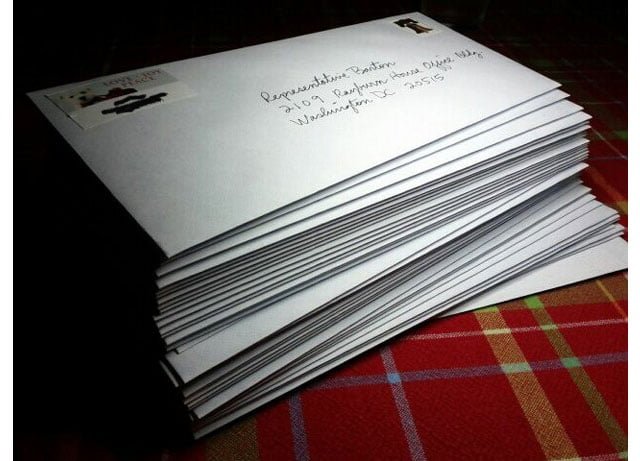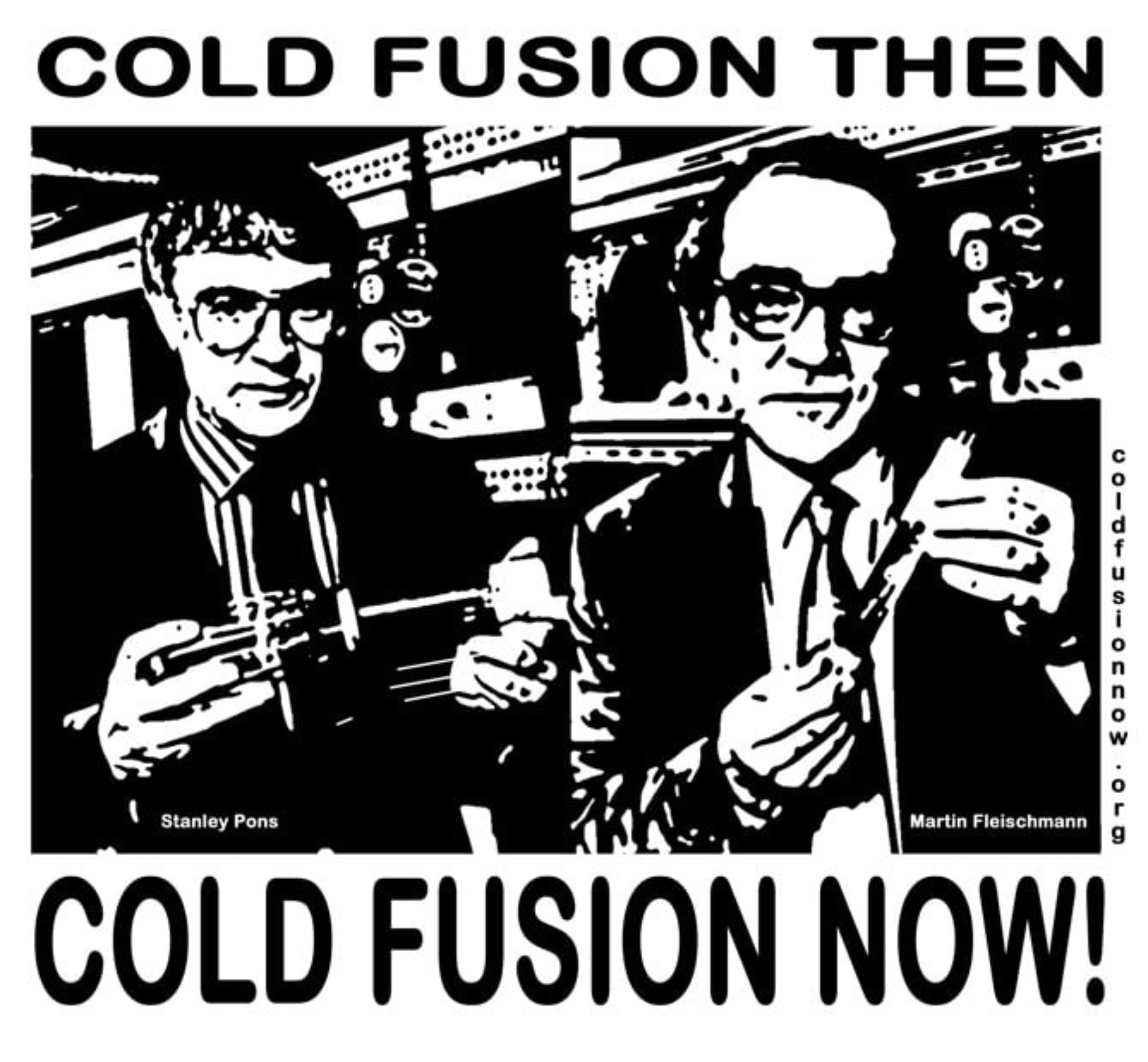Why does the Department of Energy refuse to acknowledge LENR science and technology as part of its energy portfolio?
Why does the US Patent Office siphon cold fusion patent applications outside of the review channel?
A recent mailing sent two dozen letters to the Senate Sub-Committee on Energy and other Senators requesting hearings into these questions.
This past few days Cold Fusion Now put together letters addressed to US Congressional Representatives on the House Committee on Energy and Commerce‘s Sub-committee on Energy and Power, as well as the House Committee on Space, Science and Technology’s Sub-committee on Energy and the Environment asking these very same questions.
This massive stack of snail mail is the whole 39 letters to Congressional energy policy makers requesting hearings to find the answers.

Hand-signed and flying with the wind to the attention of US Representatives such as Roscoe Bartlett of Maryland who since at least 2004 (when I started paying attention) spent more than his share of time educating his peers on Peak Oil, to no avail.
Also included on the Sub-committee on Energy and Environment is California Representative Dana Rohrabacher, who way back in 1989 spoke out in support of Drs. Fleischmann and Pons as they endured a torrent of vitriol from a physics arena that couldn’t reproduce the results.
In an editorial for the Los Angeles Times on June 18, 1989, Representative Dana Rohrabacher chastised physicists for their vehemence, beginning with a quote:
“Every great idea has three stages of reaction:
1) It won’t work.
2) Even if it works, it’s not useful.
3) I said it was a great idea all along.
—Arthur C. Clarke
It has been almost three months since two obscure chemists at the University of Utah held a press conference to announce that they had found something truly incredible in their test tube. Their reported discovery of cold fusion, if accurate, would usher not only science but all aspects of modern life into an era of growth and improvement that mankind has not experienced since the Industrial Revolution.
Not everybody was happy with this news.
The vehemence with which B. Stanley Pons and Martoin Fleischmann were denounced in the scientific community, the ferocity of attack on their work, as well as on their personal styles and motivations, surprised everyone. Well, that is, everyone who hasn’t taken a look at the history of science.“
Representative Rohrabacher goes on to review the experience of great scientists such as Copernicus, Galileo, Antony van Leeuwenhoek and Joseph Lister. Continuing, he wrote:
“And in Europe, the powers of the day heaped scorn on the idea that a steam engine could have a practical use in transportation, which sent Robert Fulton to America with his plans for a steam-powered boat.
As recently as 1956, the Astronomer Royal of England scoffed at space travel as “utter bilge.” The very next year, the Soviet Union launched Sputnik.
So, some of us were not surprised at the recriminations, both petty and sweeping, that deluged the two poor chemists in Utah upon their claims of discovering cold fusion.
The high priests of physics were annoyed with the scientists’ method of public announcement; several universities touted their inability to reproduce in a matter of weeks results arrived at over a period of years, and physicists the world over continue to express pique at the presumption of two chemists entering their realm.
“
Rep. Rohrabacher was not a believer, giving Drs. Fleischmann and Pons “around a 50% chance of being vindicated someday.”
He was a voice of tolerance, of integrity, of decency.
He wanted to give this discovery “a chance.”
“Our world needs such people who are willing to look where others refuse, to reject commonly held premises in the quest for new truths and to step before us with brave new ideas knowing that vilification will follow, even if history ultimately vindicates them. If cold fusion does fly, Pons and Fleischmann will be remembered as men who changed the course of human history; if cold fusion turns out to be a worktable mistake, well, let’s remember Pons and Fleischmann as two men who excited our imaginations for a while and who reminded us that we should not discourage pursuit of scientific knowledge, even if it flouts conventional wisdom–even if it is done without the benefit of a federal grant.“
And for these words of reason, disdain poured upon him too.
Perhaps our message will prompt him to think back to those moments when he had the courage and fire to speak for what was right, and this time, feel the strong and worthy support behind him to do it again.
In politics, we don’t have to agree on everything.
We just need folks to do their jobs.
Join us in asking Congress to do theirs.
Why doesn’t the DOE consider LENR science and technology, and why isn’t the Patent Office prioritizing LENR patents?
Cold Fusion Now!
Related Links
Turkey Today, Genius Tomorrow: Cold Fusion Attempt Has a Noble Lineage in Science by Representative Dana Rohrabacher for the Los Angeles Times June 17, 1989
Representative Dana Rohrabacher Congressional webpage.
Representative Roscoe Bartlett Congressional webpage.
House Sub-committee on Energy and Power from Contacting the Congress
House Sub-committee on Energy and Environment from Contacting the Congress
Patent Office Memo scanned by Jed Rothwell from LENR Library.

